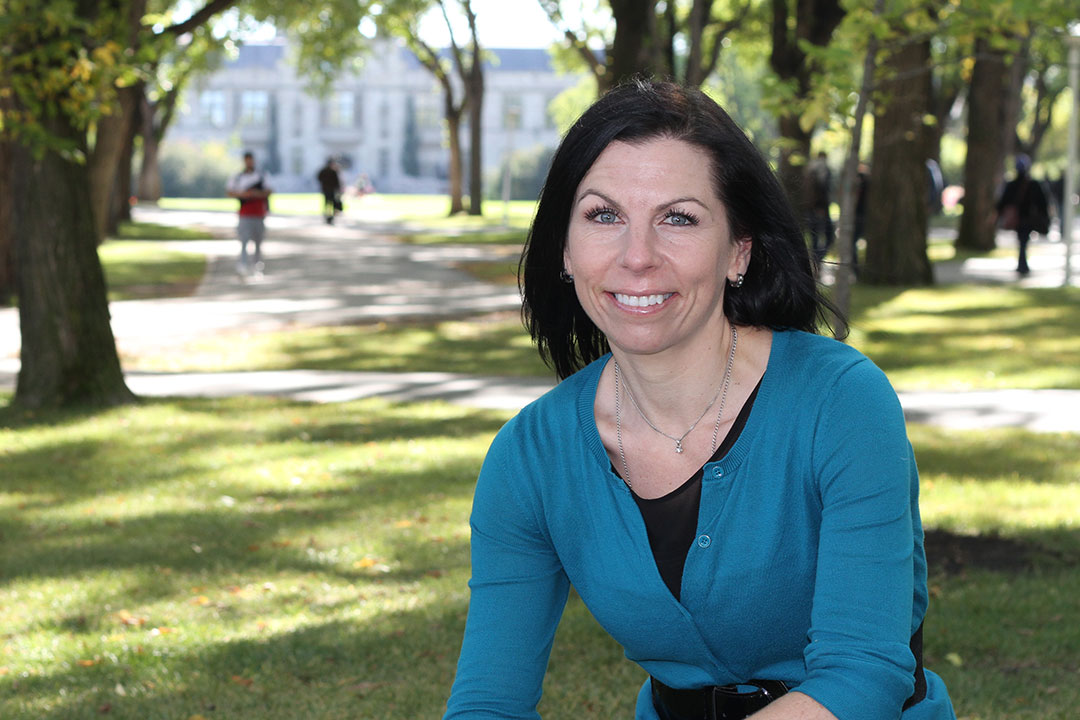
Willness new sustainability chair
The concept of sustainability has made great strides in recent years, with organizations large and small voluntarily opting in to new and exciting environmental initiatives to advance the cause locally and globally.
By HenryTye GlazebrookBut if you ask Chelsea Willness, the associate dean, research and academic, in the Edwards School of Business at the University of Saskatchewan, we’ve now reached a time when it’s not as simple as opting in or out.
“It’s really not optional at this point,” Willness said. “We must be concerned about environmental, social and economic aspects of organizations and communities. We must adopt a holistic view and recognize our interconnectedness. It’s a really positive thing to see our university striving toward these goals authentically and creating a foundation from which we can live our stated values.”
It’s that passion and commitment to sustainability on campus which makes Willness proud to be the new chair of the President’s Sustainability Council, an initiative founded in 2016 at the U of S under the guidance of President Peter Stoicheff, which provides guidance, seeks funding support for student initiatives and recommends promotional initiatives for all things sustainability at the university.
“Sustainability is a core piece in the new Mission, Vision and Values, and will be one of the themes or principles in the upcoming campus master plan,” Willness said. “These are prominent and compelling commitments by our institution. The president has consistently rein- forced a commitment to reconciliation, which is a critical part of any conversation about sustainability, community and social justice.”
Willness pointed to ongoing initiatives like Campus Sustainability Week (Oct. 9–13), as vital opportunities to build awareness at the U of S. She also emphasized the importance of the university’s success in the STARS program, a transparent, self-reporting framework created by the Association for the Advancement of Sustainability in Higher Education, which measures achievement in sustainability and awards rankings.
“Earlier this year we achieved a silver rating through the STARS program—three years ahead of our goal—and we’re already well on our way to achieving gold,” she said, adding that the university’s goal is to reach the gold standard by 2020. “Only about half of the U15 institutions participate in this program, so it’s great to see us achieving these important benchmarks and progressing so quickly, because of a strong commitment that we not only talk about, but commit to enacting as well.”
Willness, who comes from a background in organizational psychology, said she was drawn to her role as the new chair as an opportunity to better understand the ways that environmental policies and practices can influence engagement in an institution as sprawling as the U of S. Looking forward, Willness said she’s excited to start using her experience to strengthen ties between the U of S and groups both on and off campus, through sustainable programs and initiatives.
“We are looking at building a broader engagement strategy that is connected into the ecosystem of our community,” she said, explaining that potential partnerships with the City of Saskatoon are just one idea that is being explored. “Community engagement is something that we will be focusing on, and I’m really looking forward to helping us move in that direction.”

